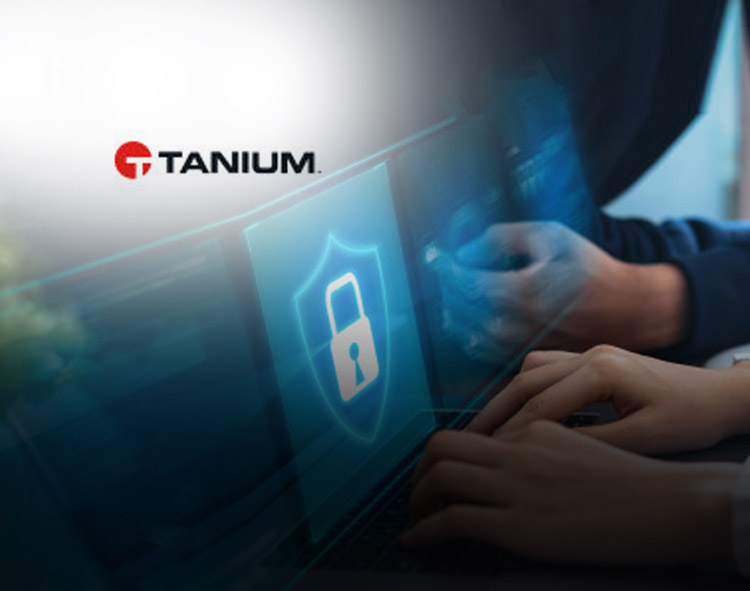Tanium, the provider of unified endpoint management and security built for the world’s most demanding IT environments, announced the results of a global survey of 1,000 CXOs revealing the ongoing effects of COVID-19 on enterprise and government organizations. Even as 90 percent of IT leaders surveyed said they experienced an increase in cyberattacks due to the pandemic, an even greater number––93 percent––said they were forced to delay key security projects in order to manage the transition to remote work.
Read More: GlobalFintechSeries Interview with Chuck Klein, Chief Executive Officer & Founder at IMM
The study — which polled executives from across the United States, United Kingdom, France, and Germany — focused on how organizations are adapting to distributed working and how they are planning for the next “new normal” once the pandemic recedes.
COVID-19 exposed enterprise security gaps
One of the key findings of the study was the contrast between how prepared leaders felt for the shift to remote work and the reality of dealing with it. While 85 percent said that they felt ready to shift to a fully remote workforce, almost all––98 percent––said they experienced security challenges within the first two months. The top three challenges were: identifying new personal computing devices (27 percent); overwhelmed IT capacity due to VPN requirements (22 percent); and increased security risk from video conferencing (20 percent).
Read More: New Search Fund Model of Private Equity for Small Business Acquisitions
Rising cyberattack volumes compounded enterprise security management challenges. Ninety percent of IT leaders said they saw an increase in attacks due to the pandemic, as threat actors sought to cash-in on the disruption. The most common of these were attacks involving data exposure (38 percent), business email or transaction fraud (37 percent) and phishing (35 percent).
